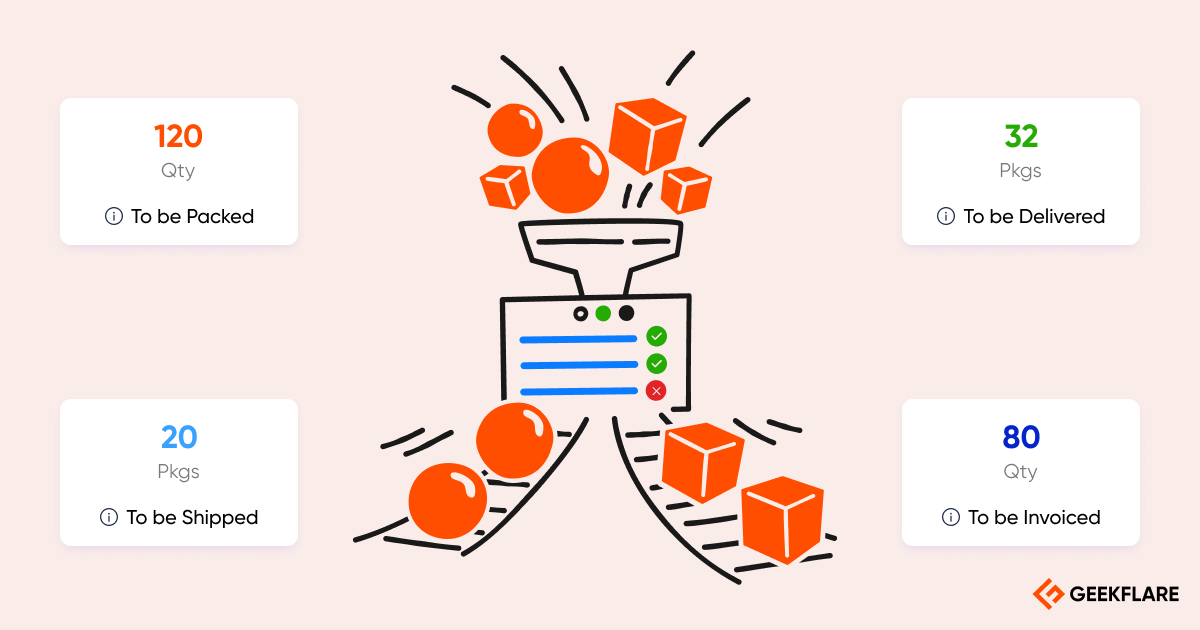Supply Chain Management (SCM) software helps simplify and optimize processes such as planning, procurement, production, logistics, and delivery. With recent technological advancements, modern SCM software leverages AI, ML, IoT, and blockchain to maximize visibility and reduce operational costs.
Without using SCM software, businesses can struggle to gain visibility into shipments, inventory, and supplier performance and identify bottlenecks. As a result, the overall business operations will be inefficient, and the profit margin will be low.
To help you pick the right solution, I’ve analyzed 35 options and selected the following top supply chain management software, considering features, integrations, scalability, and value for money.
- 1. SAP SCM – AI-Powered Demand Planning
- 2. NetSuite SCM – Best for Large Enterprises
- 3. Blue Yonder – AI-powered End-to-End Visibility
- 4. Manhattan Active – Best for Omnichannel Fulfillment
- 5. Infor SCM – Best for Greater Supply Chain Resilience
- 6. Sage – All-in-one Business Management Solution
- 7. Logiwa IO – AI-powered FMS Solution
- 8. Epicor SCM – Best for Warehouse Management
- 9. Intelex – Best to Manage Suppliers
- 10. Shippabo – Good for Shipment Tracking
- 11. Magaya Supply Chain – Best for Logistic Businesses
- 12. Logility – AI-First Approach for Planning
- 13. Dassault Delmia – Best for 3D Simulation & Planning
- 14. Kinaxis – Multi-year Strategic Planning
- 15. e2open – Global Trade Management Solution
- 16. ThroughPut – Decision Intelligence Platform
- 17. Anaplan – Business Planning Software
- Show less
You can trust Geekflare
At Geekflare, trust and transparency are paramount. Our team of experts, with over 185 years of combined experience in business and technology, tests and reviews software, ensuring our ratings and awards are unbiased and reliable. Learn how we test.
Supply Chain Management Software Comparison
I’ve picked the common supply chain modules inventory management, order fulfillment, demand planning, transport management system (TMS), warehouse management system (WMS), AI capabilities and ratings for each product.
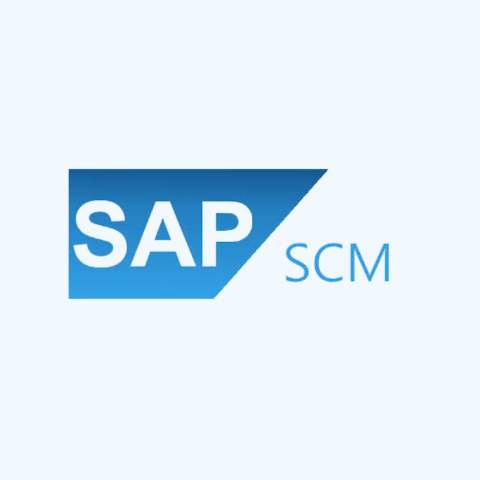 | 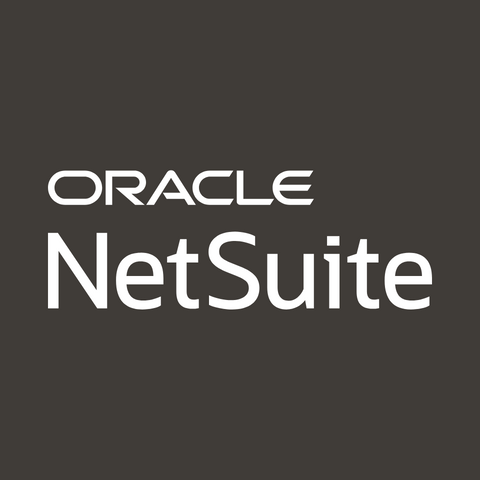 |  |  | 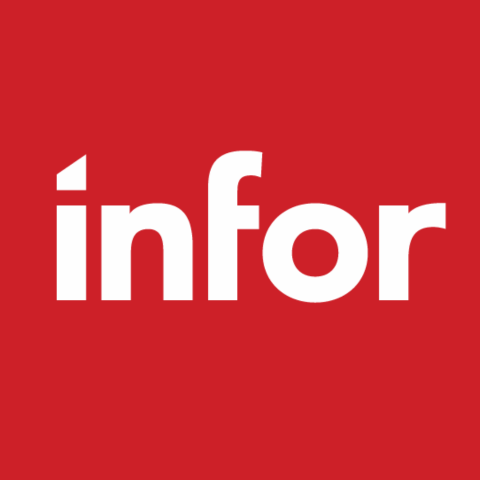 | 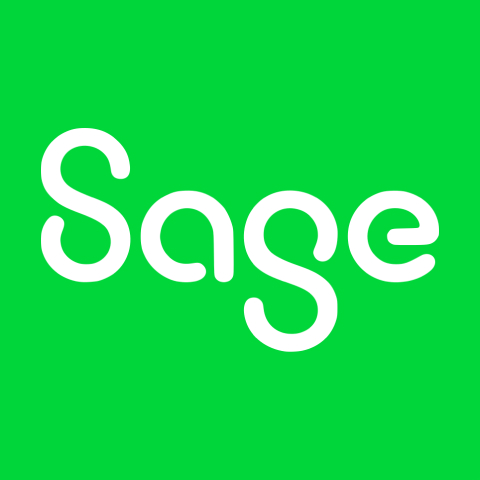 |  | 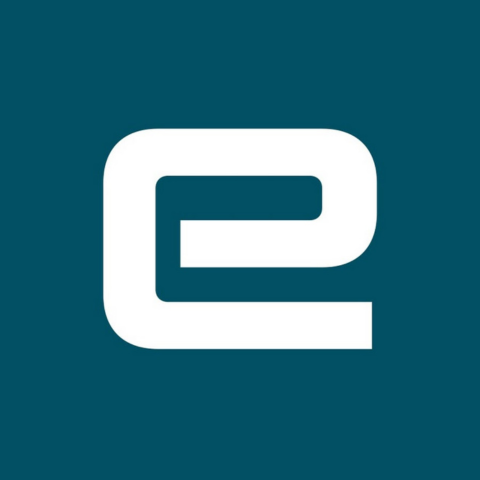 | 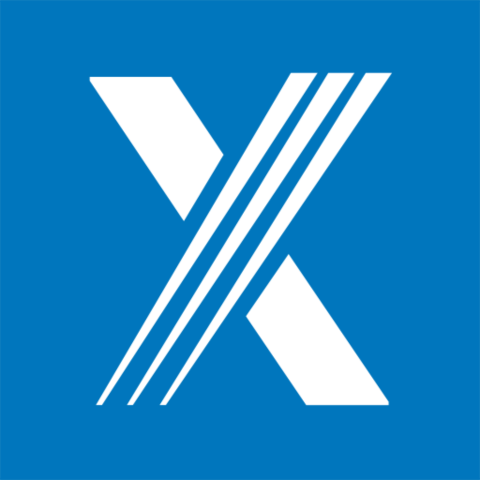 |  |  |  | 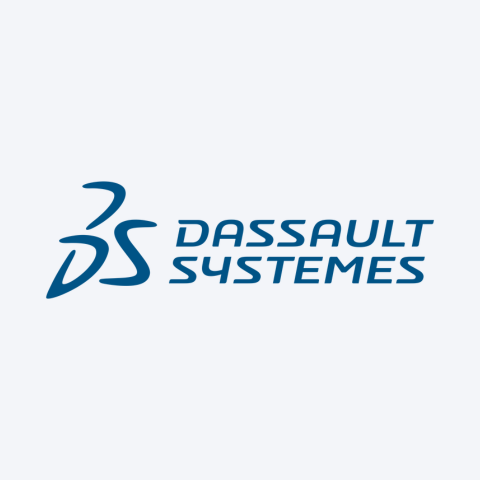 | 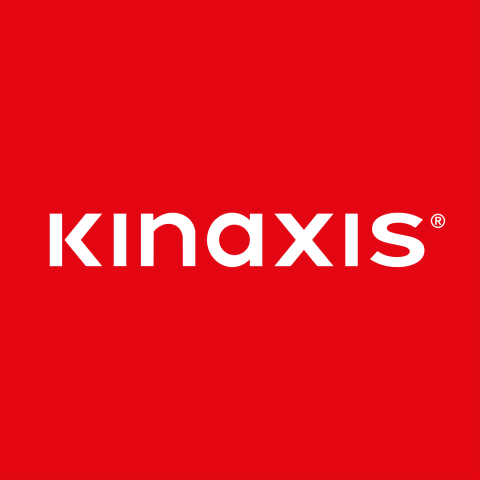 | 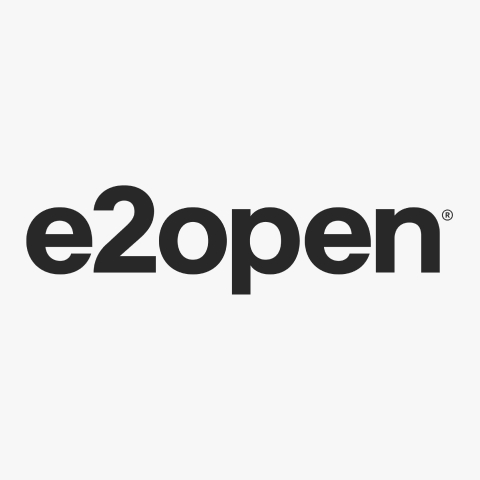 |  |  | |
Geekflare’s editorial team determines ratings based on factors such as key features, ease of use, pricing, and customer support to help you choose the right business software. | |||||||||||||||||
Reviews of Top Supply Chain Software
Below, I’ve put together in-depth reviews of leading SCM software on the market, highlighting key features, what I liked and disliked, and, given an overall rating.

1. SAP SCM
AI-Powered Demand Planning
- Industry FocusConsumer, Manufacturing, Agribusiness, Life Sciences
- Integrations3,200+
Why SAP SCM
SAP SCM is a popular choice for global enterprises in industries like consumer products, manufacturing, automotive, energy, travel, wholesale distribution, and retail. Use SAP SCM for demand planning, managing supply networks in real-time, managing inventory, order fulfillment, orchestrating resources, and minimizing waste.
With the latest SAP AI innovation, you can find orders faster, get equipment insights, identify efficient routes, generate statistic-based models, and a lot more to transform your supply chain.
If you are a large enterprise or global business, I would suggest requesting a demo to see how SAP Supply Chain Management suits your requirements.
I wouldn’t recommend SAP SCM to small businesses due to the higher license and support costs.
SAP SCM Features
Streamline warehouse processes
Optimize yard logistics
Enhance efficiency with intelligent slotting
Predicts inventory needs
Product lifecycle management
SAP SCM Pros/Cons
Predictive analytics
Integrated AI solutions
Integrate with other SAP products
Industry leader
Not suitable for small business
No trial option
Learning curve with overwhelming features

2. NetSuite SCM
Best for Large Enterprises
- Industry FocusRetail, Manufacturing, Food
- IntegrationsPOS, ERP, CRM, Ecommerce, Accounting
Why NetSuite SCM
The Oracle NetSuite SCM product is part of a cloud ERP product that solves the problem of business needs to manage multiple systems. This is a problem that many growing businesses have where there are 10 different systems to do 10 different things. With a single NetSuite ERP system, you can manage supply chain, warehouse, orders, inventory, procurement, and financial performance.
NetSuite has AI capabilities that can analyze large volumes of data to identify anomalies, populate bill records, capture invoices, generate text, and provide financial insights.
NetSuite Pricing
There are 4 layers of pricing:
– Core (base)
– Modules (top-up)
– Users (number of users)
– Implementation (one-time initial setup fee)
As you can guess, the overall cost will depend on your needs. I would suggest taking a free product tour and pricing info.
I would recommend NetSuite ERP for global businesses needing to consolidate supply chain operations, inventory management, orders fulfillment and financial management, and performance management into one system. Another attractive reason is to integrate with other Oracle Cloud products like CRM, SuiteSuccess, HCM, FSM, and more.
NetSuite SCM Features
Gain goods visibility
Reduce risk using predictive analytics
Plan efficiently to optimize supply chain assets
Records production data, orders in real-time
Access application using SCM mobile app
All-in-one cloud business management solution
NetSuite SCM Pros/Cons
Generate financial statements and inventory reports
Easy to use application interface
Trusted by 40K+ customers
Available in 27 languages
No FREE plan or trial
Initial implementation fee
Not suitable for micro or small business

3. Blue Yonder
AI-powered End-to-End Visibility
- Industry FocusManufacturing, Retail, High Tech, Grocery
- IntegrationsAPI and Data Egress
Why Blue Yonder
Blue Yonder is a multi-tier AI-powered supply chain platform that helps you manage end-to-end planning and execution. Reduce up to 30% of inventory expenses with integrated supply chain, demand, and production planning.
Their recent release introduces:
Statistical techniques to generate forecasts, aiming to improve productivity and reduce supply chain costs.
Intelligent Rebalancer to execute orders automatically.
Optimize the warehouse with real-time information like physical inventory location and resource capabilities.
Computer vision-based solution to centralize yard operations
Blue Yonder has more than 3000 customers in 75+ countries. Pricing is not available on the website, but Reddit users reveal the overall implementation cost would be ~$1 million. Considering, I wouldn’t suggest this to small to medium businesses.
Blue Yonder Features
One platform to manage warehouse, yard, transportation, and orders
~450 patented technologies
Omnichannel commerce experience
Real-time visibility and insights
Mitigate risk events
Blue Yonder Pros/Cons
Cutting-edge technologies
Low latency across supply chain network
Role-specific agents
Microservice-based deployment
Not suitable for small business or startups
Learning curve

4. Manhattan Active
Best for Omnichannel Fulfillment
- Industry FocusRetail, Manufacturing, Wholesale, 3PL
- IntegrationsPOS, CRM, API-first
Why Manhattan Active
The Manhattan Active platform offers omnichannel commerce, supply chain execution, and planning solutions.
Use Manhattan Active if you are a global enterprise and need to solve the following:
– Warehouse management challenges
– Supply chain continuous planning
– Inventory allocation decisions
– Forecast accuracy
– Logistics challenges
– Labor performance
– Meet retail demands through POS
Being an industry leader in WMS, TMS, and OMS solutions, you can trust their platform for your supply chain needs. Manhattan has partnered with Google Cloud for infrastructure and Zebra for marking and printing.
What I don’t like is that there is no way to try the platform without requesting a demo, which makes it unsuitable for small businesses.
Manhattan Active Features
Omnichannel commerce for POS, orders, store inventory, fulfillment, and customer engagement
Supply chain execution to manage warehouse, yard, labor, carrier, and transportation
Supply chain planning for forecasting, automatic inventory conversion
Manhattan Active Pros/Cons
Behavioral intelligence to increase human engagement
Adaptive system for continuous monitoring
Anomaly removals
Export transactional data
Cloud-native and developer-friendly
Not suitable for small warehouse
No free tier or trial
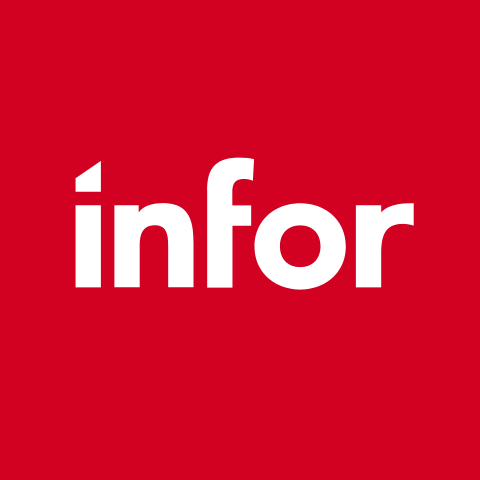
5. Infor SCM
Best for Greater Supply Chain Resilience
- Industry FocusManufacturing, Service
- IntegrationsADP, Salesforce, Servicenow, Shipengine
Why Infor SCM
Infor is a cloud-based SCM software solution and offers 3 modules to manage end-to-end supply chains.
1. Supply chain planning leverages AI, ML, and advanced modeling to provide analytics, visibility, and demand forecasting.
2. Supply chain network (Nexus) allows you to connect to 9000+ brands in real-time.
3. Warehouse management offers voice processing, 3PL management, and 3D visualization.
Infor offers tailored solutions to address the SCM challenges for your industry and business. These solutions are equipped with pre-configured workflows, processes, and KPIs that align with the unique needs and challenges of each sector. For example, Infor’s solution for the food and beverage industry includes features for traceability, quality control, and shelf-life management.
Infor SyteLine is an ERP solution designed for manufacturers. It merges supply chain management with other business functions like finance, production, and customer relationship management. This unified platform provides a single source of truth for all data, making way for better collaboration.
Infor SCM Features
Data-driven insights powered by AI
Data lake for exploration, analysis, investigation
Integrated risk, compliance, audit, and policy management
Offers consulting services
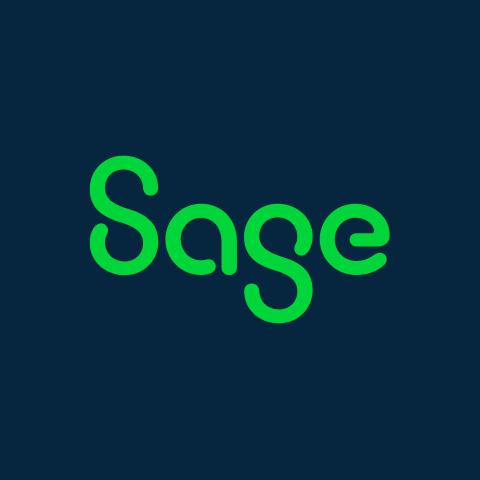
6. Sage
All-in-one Business Management Solution
- Industry FocusHealthcare, Hospitality, Construction
- IntegrationERP, CRM, WMS, Accounting
Why Sage
Sage supply chain software offers hassle-free control over inventory, supply chain, and logistics, so you can serve your customers faster and, thus, gain a competitive edge over other players in the market. Use Sage to view and manage the flow of products and services and to make data-backed decisions.
It supports the usage of various inventory management approaches, including just-in-time (JIT), just-in-case (JIC), material requirement planning (MRP), and days sales of inventory. Hence, you can deliver the products on time and optimize inventory levels, reducing lead times.
Sage Pricing
To use the supply chain solutions of Sage, you can choose from any of the following plans:
–Sage 100 (for medium to large businesses)
–Sage 300 (for manufacturers with subsidiaries)
–Sage X3 (for demanding mid-sized businesses)
I would recommend Sage for small to medium business who require one platform to manage inventory, financial reporting, procurement, shipping, accounting, and basic supply chain. However, I won’t suggest to global enterprise who require end-to-end supply chain planning, visibility, orchestration, and partner network.
Sage Features
Automatically manage purchase orders
Minimize excess inventory with forecasting tools
Compliant platform to manage company reputation
Cost control with a centralized information hub
Real-time data on stock levels and order status
Sage Pros/Cons
Predictive analysis of historical data
Workstream automation for production schedules
Integrate with other Sage products
Supervise warehouse operations and transportation routes
Ship orders from multi-location inventory
Free plan not available
Not ideal for companies with a shoe-string budget

7. Logiwa IO
AI-powered FMS Solution
- Industry FocusEcommerce, DTC, B2B Shippers
- IntegrationAmazon, Shopify, QuickBooks, TrueCommerce
Why Logiwa IO
Logiwa FMS (Fulfillment Management System) is a cloud-based AI-powered supply chain software for retail, DTC, brands, and B2B shippers to fulfill high-volume orders. They have an automated order routing system that sends orders to the best fulfillment center based on product availability, shipping costs, and delivery times. This helps e-commerce businesses speed up delivery and consistently meet customer expectations.
Use Logiwa if you are an e-commerce business and looking to manage and automate warehouses and order fulfillment. They offer multiple pricing plans and are startup-friendly. For example, you can start with the DTC launch edition plan, and as your business grows, you can upgrade to the DTC growth plan.
Logiwa Features IO
The Inventory Management module supports location-based rules, dynamic picking locations, and inventory transfers.
Barcoding checks all warehouse operations, such as receiving, selecting, preparing, and sending out orders.
The Fulfillment module automates order routing based on product availability and shipping criteria.
Workflow automation optimizes warehouse processes and reduces manual labor.
Logiwa Pros/Cons
High-volume direct-to-consumer (DTC) and omnichannel fulfillment
Headless architecture
Scalable and enterprise-ready
No free trial
Lacks yard and labor management

8. Epicor SCM
Best for Warehouse Management
- Industry FocusManufacturing, Distribution
- IntegrationsDRP, DMS
Why Epicor SCM
Epicor SCM offers necessary features for modern manufacturing and distribution operations. It tightly integrates with their ERP called Kinetic, which offers a wide range of tools to improve supply chain management and production processes.
Epicor SCM Features
Purchase Management module simplifies procurement with supplier cross-referencing, price breaks, and purchase order tracking.
Advanced Material Management module streamlines electronic material requests, dispatch, and inventory tracking.
Forecasting tool assists in predicting demand and planning production accordingly.

9. Intelex
Best to Manage Suppliers
- Industry FocusConstruction, Energy, Government
- IntegrationsEHSQ, ERP Systems via API
Why Intelex
Intelex is best suited to manage purchasing and fulfillment between your company and supplier. You can improve supplier onboarding, centralize supplier documentation, track supplier deliverables, and get actionable insights.
Use Intelex to consolidate supplier data, collaborate efficiently with partners, reduce waste, and ensure compliance.
What I like is they offer a FREE trial, which is not common among SCM software solutions.
Intelex Features
Centralized supplier profiles and documentation
Performance Assessment modules help manage suppliers, from tracking initial registration to ongoing performance reviews.
Audit Trail provides a detailed record of all actions and changes.
Supports EDI for consistent communication and data exchange.

10. Shippabo
Good for Shipment Tracking
- Industry FocusLogistic
- Integration85+ Carriers via API
Why Shippabo
Importers can use Shippabo to solve the complex challenges of international shipping by efficiently comparing quotes from various freight forwarders. This helps simplify government document filing and aims to reduce costs and administrative burdens.
Shippabo specializes in ocean freight solutions, with options for both full container load (FCL) and Less-than-container load (LCL) transportation. This flexibility allows them to accommodate a wide range of shipping volumes and requirements.
I like how Shippabo focuses on importers and specializes in a crucial part of the supply chain, shipment. However, if you need more than that, like order fulfillment, warehousing, and inventory control, then you should look for other solutions, ex. Zoho Inventory or Fishbowl.
Shippabo Features
End-to-end tracking for global shipments, regardless of freight forwarder
SKU-level product tracking from factories to warehouses
Shippabo Forsee module to predict shipment ETAs
Predictive intelligence powered by AI/ML to track milestones and offer last-mile insights

11. Magaya Supply Chain
Best for Logistic Businesses
- Industry FocusLogistics, Freight, 3PL, NVOCC
- IntegrationsERP, Accounting, CRM
Why Magaya
Magaya is a SaaS SCM solution that helps to manage and optimize logistics operations from source to destination. Apart from standard features, I like their insurance concierge, which helps to protect the business.
Magaya Features
Hundreds of document templates
Freight forwarding workflows
Magaya network features thousands of forwarders and agents worldwide
Connect to other business apps using Magaya API
Eliminate double data entry

12. Logility
AI-powered Supply Chain Planning
- Industry FocusManufacturing, Chemicals, Apparel, Retail
- IntegrationERP
Why Logility
Logility’s Decision Intelligence Platform uses AI, and automation that helps with scenario planning, inventory optimization, and supply planning.
Recently, they announced two AI-native capabilities:
Intelligent Order Response to optimize and automate order allocation.
Continuously Network Optimization to continuously monitor the network and improve the execution.
I like how Logility is leveraging AI in the supply chain ecosystem to improve business efficiency and lower the operational cost. I wish they could make the platform available for small to medium businesses to try the software before contacting their sales team.
Logility Features
DemandAI+ to improve forecasting accuracy
InventoryAI+ for real-time inventory notification
Network Optimization to save operational cost

13. Dassault Delmia
Best for 3D Simulation & Planning
- Industry FocusEngineering, Construction, Aerospace
- IntegrationsERP, PLM, QMS
Why Dassault Delmia
Dassault Delmia is powered by the 3DEXPERIENCE Platform. They offer essential capabilities for supply chain management, like modeling, intelligent optimization, and integrated business planning.
User Delmia to:
– Optimize resource allocation and improve factory productivity.
– Align production capacity with demand to minimize overstock.
– Balance inventory levels and ensure timely delivery with planning strategies.
Dassault, founded in 1981, is a global leader in software solutions for product design, simulation, and manufacturing. Its headquarters are located in France.
Dassault Delmia Features
Virtual Twin Experience enables manufacturers to create digital replicas of their products, processes, and production environments.
3DEXPERIENCE platform facilitates the creation of digital models that simulate products and entire factory operations, letting manufacturers test different configurations and processes.
Encourages collaboration among stakeholders by providing a shared environment where data and insights can be accessed in real time.

14. Kinaxis
Multi-year Strategic Planning
- Industry FocusDefense, High Tech, Life Science
- IntegrationSAP, Oracle, AWS, Salesforce
Why Kinaxis
Kinaxis is the ideal choice for you if you want end-to-end supply chain orchestration in your company. It brings all supply chain functions together and interconnects them for agile processing.
Its AI-powered platform, Maestro, makes intelligent decision-making possible by deploying multiple proprietary analytical methods and technologies. It ensures adaptability while providing unmatched speed and accuracy. With its assistance, you can monitor forecasts and order status which will help in creating consensus-based demand plans.
I like how it eliminates the need for guesswork when it comes to making predictions. Instead, It learns from your actions and optimizes its future performances.
Kinaxis Features
Always-on digital view of the supply chain
Generative AI for outlined task automation
Manage return order flows for asset utilization
Consequence analysis for the flow of material
Manage scheduling across the entire organization
Kinaxis Pros/Cons
Integrated AI solutions for impactful decisions
Concurrent planning to sync people, data, and processes
User interface suitable for collaboration and conversation
Smart scenario modeling with historical context
AI performance depends on data quality
Does not offer a free trial

15. e2open
Global Trade Management Solution
- Industry FocusApparel, Manufacturing, Oil
- IntegrationSAP
Why e2open
Use e2open to future-proof the supply chain. It converts your supply chain into a proactive growth engine. It lets you have more control over your entire value chain, so your company can adapt to evolving challenges.
Whether it is supply, planning, global trade, logistics, or channel, e2open ensures visibility and collaboration across all touchpoints. Its supply network discovery is an innovative feature that lets you stay compliant with government regulations and avoid chances of disruptions.
I like how e2open helps to create an agile supply chain by letting you know your supply chain inside out. Moreover, it offers 24/7 global customer support via email, phone, and customer support portal.
e2open Features
Harmony to connect, plan, and execute supply chain operations
Multi-tier visibility into supply chain
Compliance through detailed screening
Supply network mapping to identify risks
End-to-end supply traceability
e2open Pros/Cons
World’s only connected supply chain platform
Identify every sub-tier supply partner
Purpose-built for every industry
Partner certification and automated onboarding
Transparent pricing is not available
Limited visibility into detailed inventory tracking

16. ThroughPut
Decision Intelligence Platform
- Industry FocusHeavy Industry, Military, Ports
- IntegrationSAP, Microsoft Dynamics 365
Why ThroughPut
ThroughPut is a supply chain decision intelligence and analytics that lets you gather insights at over 600x speed to improve your lead times and cycle times. It improves material flow and free cash flow across your end-to-end value chain. You get a complete picture of your supply chain operations, with intelligent recommendations for efficiency and growth.
Use ThroughPut to avoid data mishaps, supply chain struggles, and misalignment between budget and S&OP. It identifies supply chain bottlenecks and makes near-term predictions to facilitate game-changing decisions.
I noticed that ThroughPut won several awards, showcasing its expertise in solving various industry-specific problems. It even made its place as the representative vendor in the “Gartner Market Guide for Analytics and Decision Intelligence Platforms in Supply Chain.”
ThroughPut Features
Accurate sales forecasting for every product and location
Advanced visibility into critical elements of S&OP
Real-time analytics summary with actionable recommendations
Distinction between critical and non-critical issues
Identify top and bottom performers for inventory control
ThroughPut Pros/Cons
Fast-track AI adoption with pre-built data structures
In-built connectors to import from existing data streams
5X times faster implementation than independent solutions
Experience in operationalizing over 47 million industrial processes
Lacks WMS and TMS
Not suitable for small industries

17. Anaplan
Business Planning Software
- Industry FocusConsumer Goods, Technology, Media
- IntegrationAPI, Connector, Extensions
Why Anaplan
Anaplan enables you to respond to changes in the market by making informed business decisions, leveraging end-to-end visibility into the supply chain. Unlike traditional planning methods, Anaplan ensures adaptive and real-time supply chain management with scalable and agile architecture, reducing 15% of supply chain cost.
Anaplan announced CoPlanner, a conversational AI assistant to help you with scenario planning and insights.
I appreciate how Anaplan offers a quick and intuitive planning experience to its users, which showcases how much they prioritize the time and efficiency of the customers.
Anaplan Features
Unified platform for supplier spend portfolio
“What-if” scenario capabilities for inventory planning
Automatic forecast of new product cost and profit
Collaboration with suppliers, manufacturers, and trading partners
Context-aware and conversational AI
What is a Supply Chain Management Software?
Supply chain management software is a suite of integrated tools that helps businesses manage and optimize all aspects of their supply chains, from procurement to distributing goods. These tools provide a central platform to oversee processes like sourcing, manufacturing, logistics, and supplier management. By automating tasks, improving visibility, and enabling collaboration, SCM software helps businesses anticipate market trends, reduce costs, improve efficiency, and ensure smooth operations throughout the supply chain.
Key functionalities often include inventory management, warehouse management, transportation management, demand planning, and supply chain analytics. SCM software often integrates with other business systems like ERP and CRM to provide a holistic view of the business. Connecting SCM software with a dedicated inventory management platform provides enhanced functionality, such as more granular analytics, AI-powered forecasting, or specialized industry tools.
How is AI Being Used in Supply Chain?
AI is used at multiple stages in supply chain management.
- Generative AI is used in scenario planning, demand forecasting and designing new product.
- Conversational AI is used in decision-making, communication, automating routing tasks, order processing and serving customers.
- Computer vision is used in warehouse and quality control to inspect products.
- NLP is used to extract information from invoices, emails, contracts, social media to understand sentiments and data.
By 2030, AI in the supply chain market is forecasted to reach $40.53 billion. So, while choosing SCM for your business, it makes sense to pick the one who offers AI features. SAP SCM, Blue Yonder, Oracle NetSuite, Anaplan and Logility are top SCM software vendors offering AI capabilities.
9 Types of Supply Chain Management Software
- Planning Software: Helps forecast demand, optimize inventory levels, and schedule production.
- Supply Chain Design Software: Helps design and optimize supply chain networks for cost and efficiency.
- Procurement Software: Streamlines sourcing, purchasing, and supplier management.
- Warehouse Management Systems (WMS): Optimize warehouse operations, including receiving, picking, packing, and shipping.
- Transportation Management Systems (TMS): Plan, execute, and optimize the physical movement of goods.
- Order Management Systems (OMS): Manage the entire order lifecycle, from order capture to fulfillment and customer service.
- Manufacturing Execution Systems (MES): Monitor and control production processes on the shop floor.
- Supply Chain Analytics Software: Provide insights and visibility into supply chain performance.
- Supply Chain Collaboration Software: Facilitates real-time communication, data sharing, and collaborative decision-making across the supply chain network.
What Should You Look for in Choosing Supply Chain Management Software?
When selecting Supply Chain Management software, look for these necessary features.
- Artificial Intelligence: Integrated generative AI and conversational AI can help you plan the supply chain better, get better inventory visibility, and make business operation efficient.
- Integration: Choose software that smoothly works with your current systems and technologies to minimize disruptions and enable data sharing across the supply chain.
- Scalability: Make sure the software can adapt to your business growth and handle increased data and transactions.
- Reporting and Analysis: Look for software with strong reporting and advanced analysis to gain insights into supply chain performance and support data-driven decision-making.
- Mobility: Consider solutions that offer mobile access, allowing users to access important information and complete tasks on the go, improving responsiveness and productivity.
- Supplier Management: Prioritize software with features that support supplier collaboration, performance tracking, and compliance management, which can strengthen supplier relationships and ensure quality standards are met.
- Customization: Choose software that can be tailored to your specific business needs and processes to ensure a better fit and maximize the software’s effectiveness.
How Do ERP Systems Improve Supply Chain Management?
As supply chains continue to grow in complexity, a well-implemented ERP system can streamline processes, integrate with other logistics systems, facilitate product flow, and ensure product availability.
ERP software offer several capabilities for managing supply chains and logistics, including:
- Providing visibility into supply, demand, capacity, and product flow.
- Offering reporting and real-time tracking of various aspects of the supply chain.
- Enabling control of different supply chain processes.
- Facilitating forecasting for changes in supply and demand.
Integrating supply chain management into ERP offers numerous advantages, including, but not limited to:
- Offering visibility into how supply chain operations align with the broader business objectives.
- Enabling operational teams to comprehend the role of ordering, transportation, storage, and product distribution in achieving business goals.
- Implementing robust financial management practices within the supply chain.
- Optimizing logistics and operational processes.
- Enhancing workforce management and resource allocation.
- Forecasting product supply and consumer demand to maximize product availability and drive revenue.
Can Business Intelligence Software Predict Supply Chain Disruptions?
Yes, Business Intelligence software can predict supply chain disruptions. These tools use advanced analytics, machine learning, and historical data to identify patterns and trends that may indicate potential disruptions.
For instance, solutions like Tableau and Microsoft Power BI include data visualization models to help businesses analyze supply chain metrics. Platforms such as Qlik Sense and Domo provide predictive analytics features that can model various scenarios, allowing organizations to foresee issues related to demand fluctuations, supplier reliability, or logistical challenges.
Using these insights, companies can proactively adjust their strategies to mitigate risks and ensure supply chain resilience.
What’s next?
I would recommend requesting a demo to suitable SCM vendors to understand the pricing and if they can support your requirement. Once you are happy with results, make a shorter contract to start with low upfront cost.
Explore more resources to manage your business.



